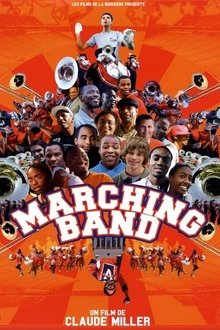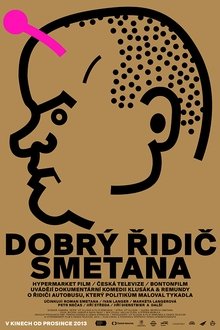A flamboyant restaurateur, a good ol' boy and a political ingénue, walk into a small town political contest and compete head to head to head, for the non-paid mayoral seat of the Tomato Republic. What happens next is anyones guess. The only thing that could slow this race down is a freight train. Let the takeover begin. - Written by Whitney Graham Carter
Related Movies
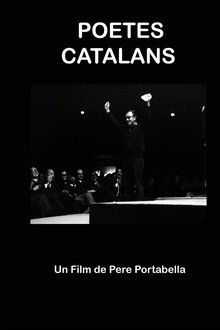
Catalan Poets (1970)
At underground film of the 1st Popular Festival of Catalan Poetry filmed in the Proce Theater in Barcelona on May 25, 1970, in solidarity with political prisoners. The participating poets were: Agustí Bartra, Joan Oliver (Pere IV), Salvador Espriu, Joan Brossa, Francesc Vallverdú and Gabriel Ferrater.

Inside the Khmer Rouge (NaN)
Inside the Khmer Rouge takes an in-depth look at the history, domination, and current status of the Khmer Rouge (a Communist regime) in Cambodia. The film features revealing interviews with soldiers of both the modern Khmer Rouge and those who fight in opposition. A comprehensive timeline of the regime's five-year occupation in Cambodia is dissected and includes a review of key individuals, ideologies, and locations where devastation hit hardest. Following this, the film takes a look at the effects on the Cambodian citizens upon the retraction of Vietnamese forces. Inside the Khmer Rouge continues to investigate the current tactics the modern Khmer Rouge implement and their attempts to persuade followers in order to rebuild and expand their regime. Oppositely, local forces or "jungle soldiers" discuss their devices for assuring the destruction and atrocities once caused by the Khmer Rouge never happen again.
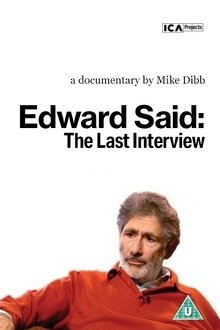
Edward Said: The Last Interview (2004)
Prominent Columbia University English and Comparative Literature professor Edward Said was well known in the United States for his tireless efforts to convey the plight of the Palestinian people, and in this film shot less than a year before his death resulting from incurable leukemia, the author of such books as {-Orientalism}, {-Culture and Imperialism}, and {-Power, Politics, and Culture} discusses with filmmakers his illness, his life, his education, and the continuing turmoil in Palestine. Diagnosed with the disease in 1991, Said struggled with his leukemia throughout the 1990s before refraining from interviews due to his increasingly fragile physical state. This interview was the one sole exception to his staunch "no interview" policy, and provides fascinating insight into the mind of the man who became Western society's most prominent spokesman for the Palestinian cause.
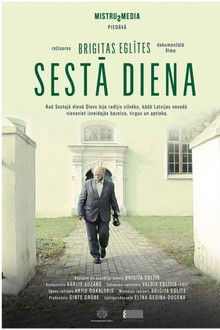
The Sixth Day (2019)
For many years, Saturday market in Skulte has been one of the main events of the week. The roles in the market have been carefully divided among the locals – there’s the pastor of the local parish, the bell-ringer, the pharmacist and the nearby residing sheepman, and it’s been long since it’s not just a customer-vendor relationship among them. Suddenly the owner of the market comes on the scene – he has decided to move it all to a new location, which so far has been known as an accident blackspot.
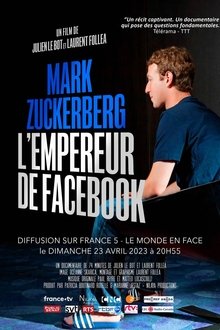
Mark Zuckerberg, l'empereur de Facebook (2023)
It's the story of a child prodigy with a passion for the almighty power of code and a mission to connect people around the world. It's a dream that fits in with the great tales of the Silicon Valley pioneers. But behind this optimistic and idealistic vocation, who is Mark Zuckerberg really? What was his strategy for staying in power? His ambivalence is at the heart of this documentary, which reveals the wild ambitions of a man in a hurry and authoritarian, fascinated by the Roman Empire and Bill Gates.

Juppé, le ressuscité (2016)
Alain Juppé is known to be a plain, hardworking, cold and brilliant man. In the 90's, all French political men, from François Mitterrand to Jacques Chirac, saw a great future for him. But judicial cases and a sentence broke this momentum. After a long spell in the wilderness, he came back and is now running for President among his political group, Les Républicains. In this frame, Franz-Olivier Giesbert followed him during several months, trying to understand the personality of this reborn political leader.

Life Under The Horseshoe (2015)
Life Under the Horseshoe is a fun, entertaining and historical look at Spring City, Utah's only live FM stage radio show. The film teaches us a little about history while taking us back to the golden age of radio. The documentary interviews Mark and Vicki Allen, the show hosts while learning more about their interesting, but opposite family history. The film also highlights the historical Victory Hall, a one-hundred-year-old restored vaudeville theater on Main Street, and "Spit & Whittle" Avenue, where Charlie (1885-1936), son of Simon Beck, had a bench the women of the town called the "Bummer's Bench." The men claimed it was where important community events were discussed and decisions made. Simon's son Charlie, paralyzed at an early age, presided at the bench providing advice and wisdom to all comers.
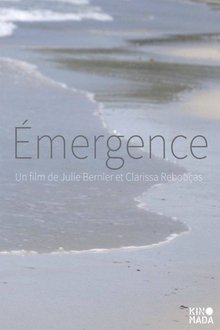
Émergence (2018)
Katiana talks about her experiences as a woman in Haiti. As a woman, she faces many limitations and abuses from men who are more privileged than she is. Despite the difficulties of her condition, she has found the courage to achieve greater personal and financial independence.
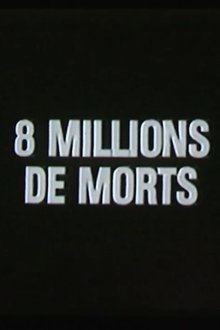
When the Century Took Shape (War and Revolution) (1978)
In 1978, just after Le fond de l'Air Est Rouge, which mercilessly analyzed the previous ten years of the revolutionary left's momentum until its collapse, Chris Marker made this complementary piece entitled Quand le Siècle a Pris Forme (Guerre et Révolution).
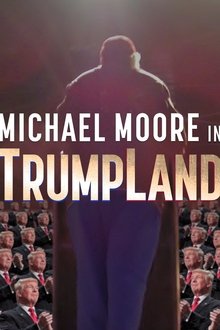
Michael Moore in TrumpLand (2016)
Oscar-winner Michael Moore dives right into hostile territory with his daring and hilarious one-man show, deep in the heart of TrumpLand in the weeks before the 2016 election.

Wild About Hank (2016)
Wild About Hank is a documentary that covers the story of Hank, a cat, who ran for the Virginia U.S. senate seat in 2012 against George Allen and Tim Kaine. While the campaign began as satire, it turns into a more serious effort to raise awareness about both politics and animal welfare.

Primary (1960)
Primary is a documentary film about the primary elections between John F. Kennedy and Hubert Humphrey in 1960. Primary is the first documentary to use light equipment in order to follow their subjects in a more intimate filmmaking style. This unconventional way of filming created a new look for documentary films where the camera’s lens was right in the middle of what ever drama was occurring. Preserved by the Academy Film Archive in partnership with The Film Foundation in 1998.

Information for/from Outsiders: Chronicles from Kashmir (2019)
Chronicles from Kashmir seeks to create a sense of “balance”: between differently positioned voices that emerge when speaking about Kashmir; between differently placed narratives on the “victim”/“perpetrator” spectrum. While there is an inevitable streak of political commentary that runs throughout the work – a political current that cannot be escaped when talking about Kashmir – Chronicles from Kashmir does not espouse any one political ideology. We see ourselves as being artists and educators, using aesthetics and pedagogy to engage audiences with diverse perspectives from/about the Valley.

Finding Fela (2014)
Fela Anikulapo Kuti created the musical movement Afrobeat and used it as a political forum to oppose the Nigerian dictatorship and advocate for the rights of oppressed people. This is the story of his life, music, and political importance.
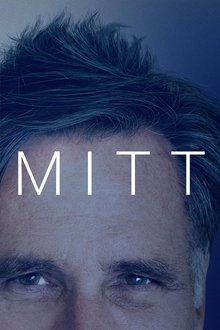
Mitt (2014)
A filmmaker is granted unprecedented access to a political candidate and his family as he runs for President.
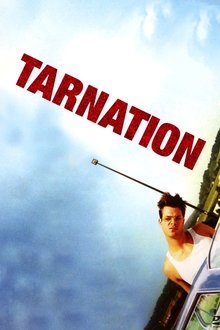
Tarnation (2003)
Filmmaker Jonathan Caouette's documentary on growing up with his schizophrenic mother -- a mixture of snapshots, Super-8, answering machine messages, video diaries, early short films, and more -- culled from 19 years of his life.
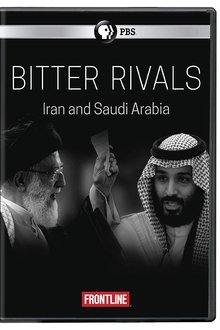
Bitter Rivals: Iran and Saudi Arabia (2018)
Bitter Rivals illuminates the essential history - and profound ripple effect - of Iran and Saudi Arabia's power struggle. It draws on scores of interviews with political, religious and military leaders, militia commanders, diplomats, and policy experts, painting American television's most comprehensive picture of a feud that has reshaped the Middle East.
